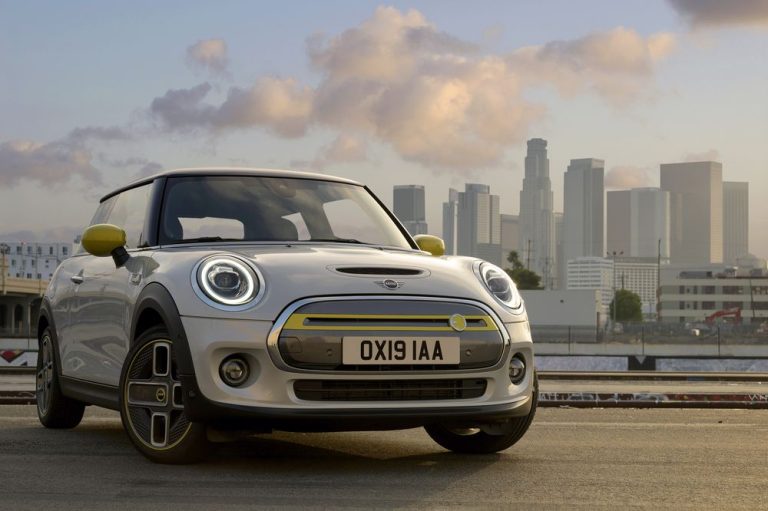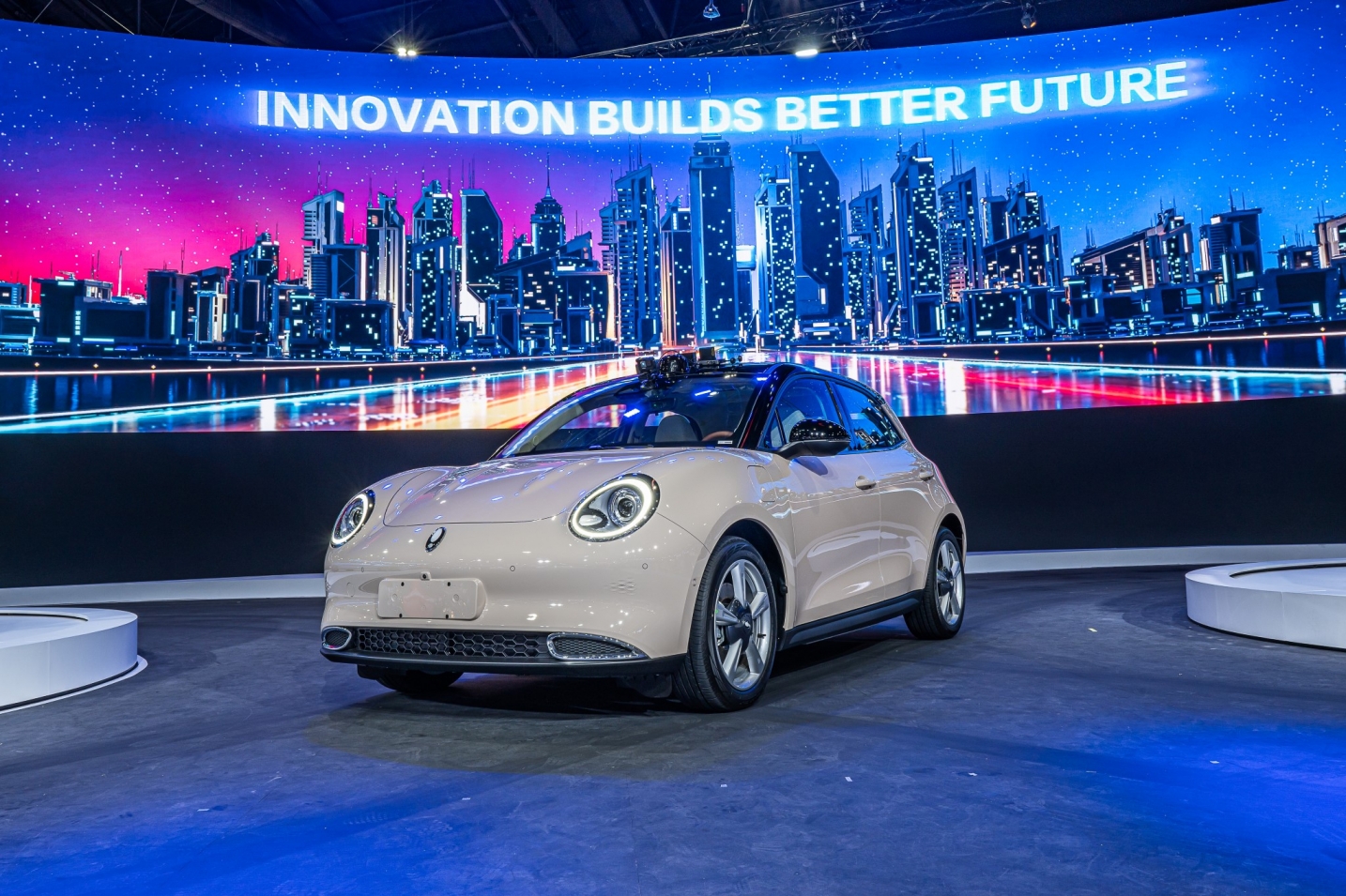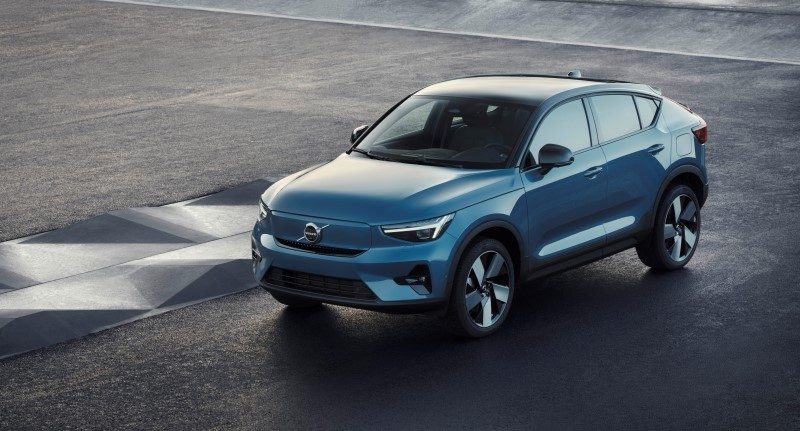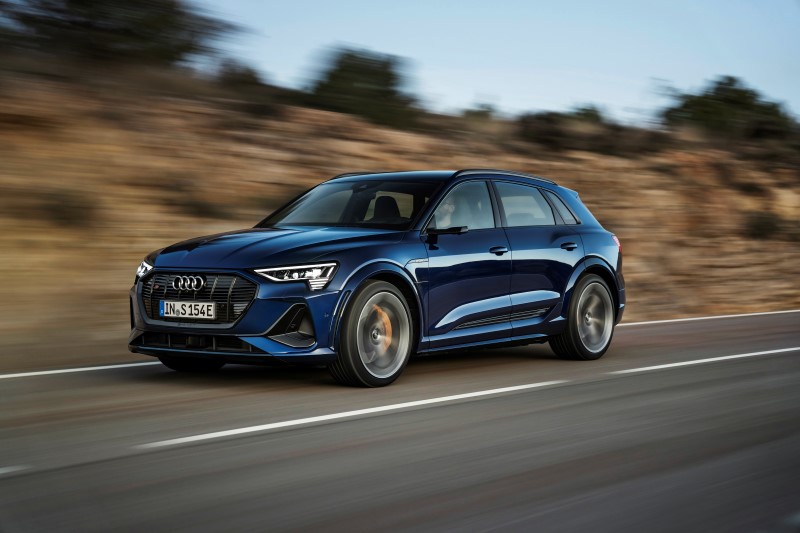
EV CARS IN BIMS43 (ไฮไลท์รถยนต์ไฟฟ้าในงานฯ)
คุณจาตุรนต์ โกมลมิศร์ รองประธานจัดงาน
ในฐานะที่เป็นผู้จัดงาน “มอเตอร์โชว์” เจ้าแรก ๆ ของประเทศไทยและยังเป็นผู้รับจัดงานยนตรกรรมให้กับเพื่อนบ้านในเซ้าท์อีสต์เอเซีย มาเกือบ 5 ทศวรรษ ซึ่งจะครบ 50 ปี ในอีกไม่กี่ปีข้างหน้า บอกได้เลยว่าเราได้เห็นความเปลี่ยนแปลงมาโดยตลอด ตั้งแต่ที่เราปักหมุดให้ประเทศไทยเป็น ดีทรอย์ออฟเอเชีย จนมาถึงการเปลี่ยนแปลงในยุคนี้ หากมองย้อนกลับไป “รถไฟฟ้า” ไม่ใช่ของใหม่ในโลกยานยนต์ เราเคยมีรถไฟฟ้าใช้เมื่อร้อยปีกว่ามาแล้ว จนวันหนึ่งก็ถูกแทนที่ด้วยรถยนต์เครื่องยนต์สันดาป เมื่อเราค้นพบน้ำมันหรือพลังงานฟอสซิลซึ่งเรามองว่ามันคือการ พัฒนาและความพยายามของมนุษย์ที่มีการคิดค้นพัฒนามาอย่างต่อเนื่อง จนเกิดการแพร่ระบาดของโรค COVID-19 ส่งผลให้ยอดขายรถยนต์ทั่วโลกลดลง หลาย ๆ อุตสาหกรรมรวมถึง ซัพพลายเชนของอุตสาหกรรมนี้ได้รับผลกระทบอย่างหลีกเลี่ยงไม่ได้ 2 ปี ที่ผ่านมา Covid-19 ได้พลิกโฉมทุกอุตสาหกรรมบนโลกใบนี้ถ้ามองในด้านบวก ต้องถือว่าเป็นการ Disrupt ที่ดี ทุกอุตสาหกรรมมีการปรับตัวอย่าง เร่งด่วน รวมถึงกระบวนการที่ดึงเราเข้าสู่โลกแห่งเทคโนโลยีอย่างรวดเร็ว โดยเฉพาะอุตสาหกรรมยานยนต์ที่นับว่ามาไกลจากอดีต ตั้งแต่ยุคเครื่องยนต์สันดาป, รถยนต์พลังงานไฟฟ้าไฮบริด, รถยนต์พลังงานไฟฟ้าปลั๊กอินไฮบริด, รถยนต์เซลล์เชื้อเพลิงหรือรถ Fuel Cell จนถึงรถยนต์พลังงานไฟฟ้าแบตเตอรี่ หรือรถอีวี ที่ประหยัดและเป็นมิตรต่อสิ่งแวดล้อม และรถยนต์ได้กลายเป็นอุปกรณ์เทคโนโลยีติดล้อมากขึ้นนับว่าเป็นปีแห่งการปฏิวัติอุตสาหกรรมยานยนต์อย่างรุนแรง

แนวโน้มและทิศทาง
แต่การเติบโตของรถยนต์ไฟฟ้า (Electric Vehicle) หรือที่เราเรียกกันว่า รถ EV กลับมีอัตราการเติบโตเพิ่มขึ้นแบบก้าวกระโดด ซึ่งสอดคล้องกับข้อมูลของสํานักงานพลังงานสากล หรือ EIA (International Energy Agency) ที่คาดการณ์ว่าในปี 2030 โลกเราจะมีผู้ใช้ยานยนต์ไฟฟ้าสะสมทั่วโลกมากถึง 145 ล้านคัน เทียบเป็น 28% จาก ยอดผู้ใช้ในปี 2020 ซึ่งมีอยู่ 10 ล้านคัน และมีแนวโน้มเพิ่มเป็น 58% ในปี 2040

โดยปัจจัยสําคัญที่ส่งผลให้รถยนต์ไฟฟ้าได้รับความนิยมเพิ่มขึ้น คือราคาน้ำมันที่พุ่งสูงขึ้น, ปัญหาสิ่งแวดล้อม และมลพิษ, รวมถึงการผลักดันในการสร้างอุตสาหกรรมใหม่ (New S-Curve) และความคุ้มค่าในการใช้งาน รวมถึงการลดอุบัติเหตุ จนถึงการพัฒนายานยนต์ไร้คนขับในอนาคตอันใกล้นี้ ในขณะที่ราคาแบตเตอรี่ถูกลง สําหรับประเทศไทยรถยนต์ไฟฟ้าได้รับความสนใจจากผู้บริโภคมาก ซึ่งรัฐบาลฯ มีเป้าหมายที่จะผลักดันให้ไทยเป็นฐานการผลิต รถ EV และการใช้ยานยนต์ไร้มลพิษ (Zero Emission Vehicle: ZEV) ของยานยนต์ทุกประเภท โดยมีการกําหนดมาตรการทางภาษี ระหว่างปี 2565-2568 เพื่อส่งเสริมให้เกิดการใช้รถยนต์ไฟฟ้า และกระตุ้นให้ผู้ประกอบการเร่งผลิตยานยนต์ไฟฟ้าในประเทศ รองรับแนวโน้มความต้องการยานยนต์ไฟฟ้าที่เพิ่มมากขึ้น ลดการนําเข้าชิ้นส่วนและอุปกรณ์สําหรับยานยนต์ไฟฟ้า

ไฮไลท์งาน
และงานบางกอก อินเตอร์เนชั่นแนล มอเตอร์โชว์ ครั้งที่ 43 ที่กําลังจะเริ่มในเดือนนี้ ภายในงานจะมีรถยนต์ไฟฟ้า 100% มาจัดแสดงมากที่สุด จํานวนกว่า 20 โมเดล จาก 12 บริษัทชั้นนํา อาทิ Audi / BMW / GWM / Hyundai / Lexus / Mercedes / MG / MINI Cooper / Nissan / Porsche / Toyota และ Volvo นับได้ว่าเป็นครั้งแรกในประเทศไทยที่มีการเปิดตัวรถไฟฟ้ามากที่สุด

EV CARS IN BIMS43
Ms. Jaturont Komolmis, Vice Chairman of the event
As the first organizer for “Motor Show” in Thailand and also the organizer of automotive events for neighbors in Southeast Asia for almost 5 decades, I can say that we have seen changes all along. Since we pinned Thailand to be the Detroit of Asia, electric cars are not new in the automotive world. We used to have electric cars more than a hundred years ago. Until one day, it was replaced by a car with a combustion engine. When we discover oil and fossil energy. We see it as a development and human efforts that have been developed continuously. Until the epidemic of COVID-19, causing global car sales to decline in many industries, including the supply chain of this industry has been inevitably affected. Two years ago, Covid-19 has transformed every industry in the world. Looking at a positive side, it must be considered a good disruption as every industry has an urgent adaptation. This is because the process quickly draws us into the world of technology, especially the automotive industry. It has come a long way from the combustion engine era, hybrid electric vehicle, plug-in hybrid electric vehicle, fuel cell vehicle or fuel cell vehicle to battery electric vehicle or EV that are economical and environmentally friendly. Cars have automatically become increasingly equipped with wheel technology as this is the year of a radical revolution in the automotive industry.

Trend and direction
The growth of electric vehicles (Electric Vehicle), also known as EVs, has grown exponentially. This is consistent with the data from the International Energy Agency or EIA (International Energy Agency) that predicts that by 2030 the world will have accumulated users of electric vehicles around the world as many as 145 million vehicles, equivalent to 28% of the total number of users in the year 2020, which has 10 million vehicles and it is likely to increase to 58% by 2040.

The important factors that contributed to the increasing popularity of electric vehicles are the rising oil prices, environmental problems and pollution, as well as the drive to create new industries (New S-Curve) and cost-effectiveness. This includes reducing accidents until the development of driverless vehicles in the near future while the price of the battery is falling. As for Thailand, electric cars have received a lot of attention from consumers, which the government aims to push Thailand into a production base for EVs and the use of zero-emission vehicles (ZEV) of all types of vehicles. There are tax measures set between 2022 and 2025 to encourage the use of electric cars and encourage entrepreneurs to accelerate the production of electric vehicles in the country in order to support the trend of increasing demand for electric vehicles and reduce the import of parts and equipment for electric vehicles.

Event highlight
The 43rd Bangkok International Motor Show, which is about to start this month, will be showcasing 100% electric cars, more than 20 models from 12 leading companies such as Audi / BMW / GWM / Hyundai / Lexus / Mercedes / MG / MINI Cooper / Nissan / Porsche / Toyota and Volvo. This is the first time in Thailand that electric cars have been launched the most.





